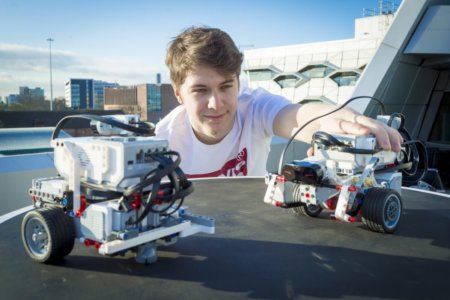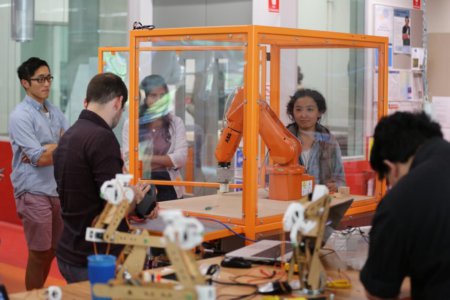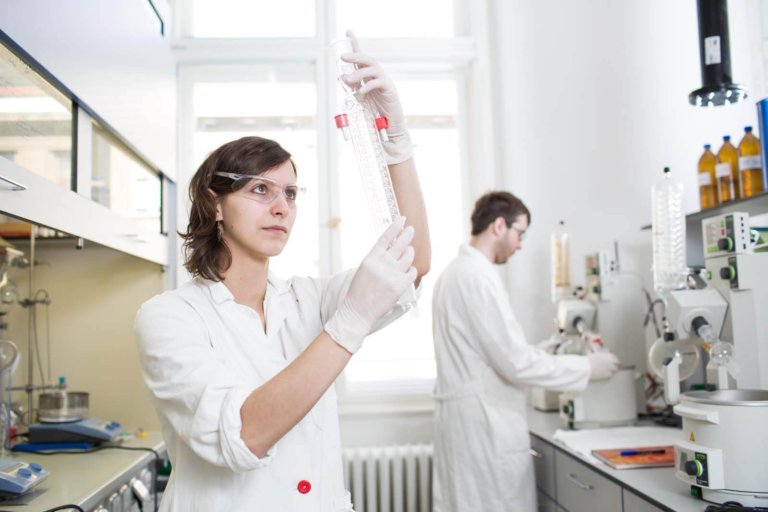
Exciting new opportunities in chemistry are emerging as the world pivots to a more sustainable path. In the last three decades, fields like green chemistry and green engineering have grown, emphasising the design of eco-friendly products and processes. They are making a critical difference.
Today, more companies are committing to sustainability without having to sacrifice performance. There are now more regulations for the generation and disposal of industrial wastes and emissions. Industries are more aware of unintended harm made to the planet and humans in their pursuits to improve crop protection, commercial products and medicines. Long-term negative effects, from pollution choking many of the world’s waterways to acid rains destroying rainforests, are reined in.
A new, more sustainable reality for chemistry and engineering can be possible, powered by innovation to come forth from today’s most forward-looking universities.
University of Chemistry and Technology, Prague
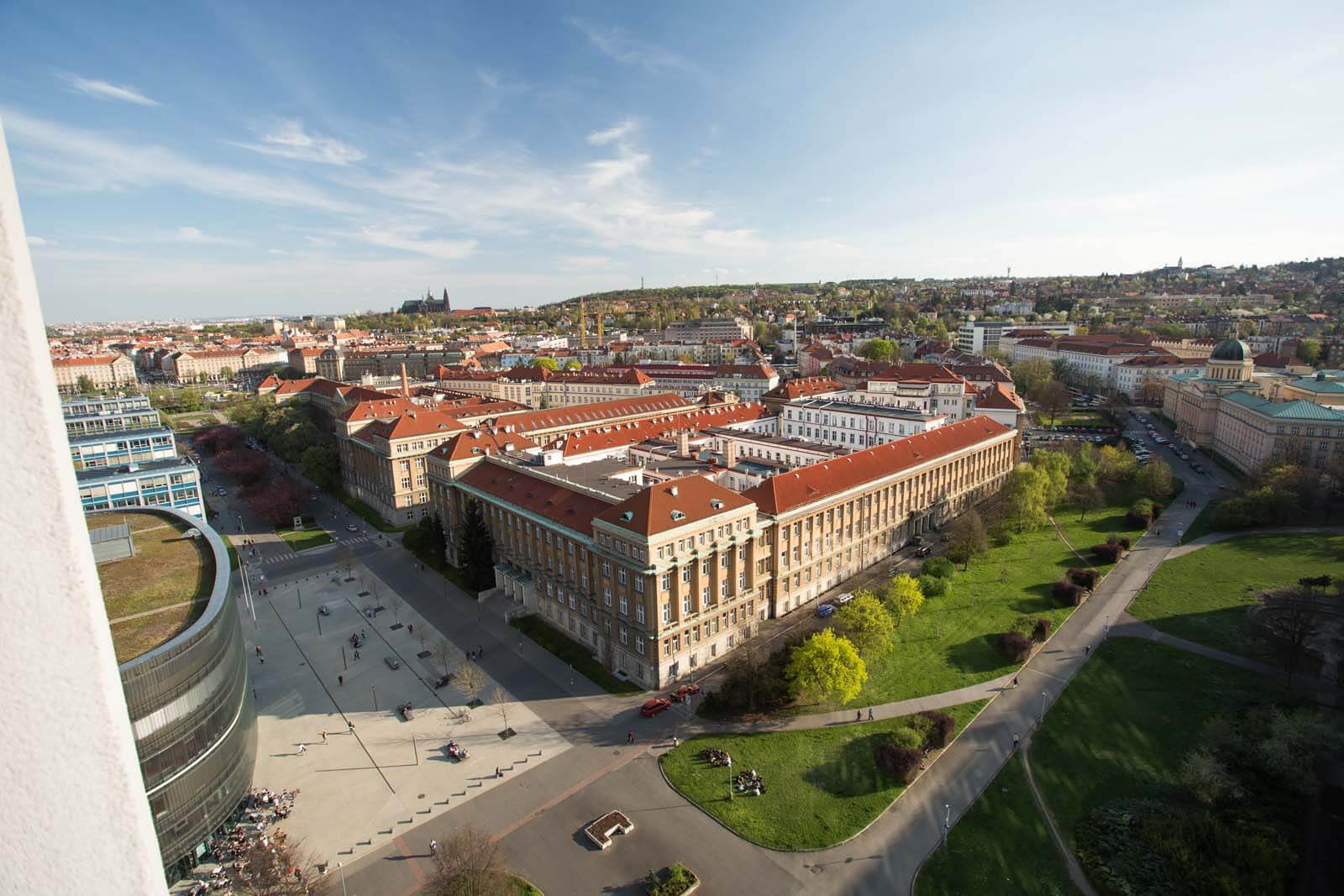
Source: University of Chemistry and Technology Prague
The University of Chemistry and Technology Prague is committed to changing the world through research, education, and community efforts. It is an inclusive, supportive, and innovative community with a mission to create new knowledge and mentor the next generation of leaders who will define the next frontiers of chemical science and technology.
This centre of first-rate study and research is one of Czech Republic’s largest educational and research institutions focused on technical chemistry, chemical and biochemical technologies, material and chemical engineering, food chemistry, and environmental studies. Here, students are able to actively participate in research at all levels of their studies. For PHD students, it’s a launchpad to forge and further develop their scientific career.
Students can choose from a wide array of bachelor’s, master’s and PhD programmes taught in English by four faculties: Faculty of Chemical Technology; Faculty of Environmental Technology; Faculty of Food and Biochemical Technology; and Faculty of Chemical Engineering. Classes are small — the student-faculty ratio is 20:1 — curriculum is hands-on and facilities are state-of-the-art.
Here, graduates are guaranteed jobs that won’t be easily replaced by automation and artificial intelligence in the future. UCT Prague boasts a 98% graduates employability rate — alumni can be found at top global corporations such as Zentiva, Unipetrol, Procter & Gamble, and many more.
Based on social, economic, and environmental data, the Czech Republic ranked 25th out of 163 countries in quality of life — just behind Estonia and before Cyprus — making it a wonderful place to study and live in. To learn more about this highly-ranked, reasonably affordable and impactful university, click here.
Uppsala University
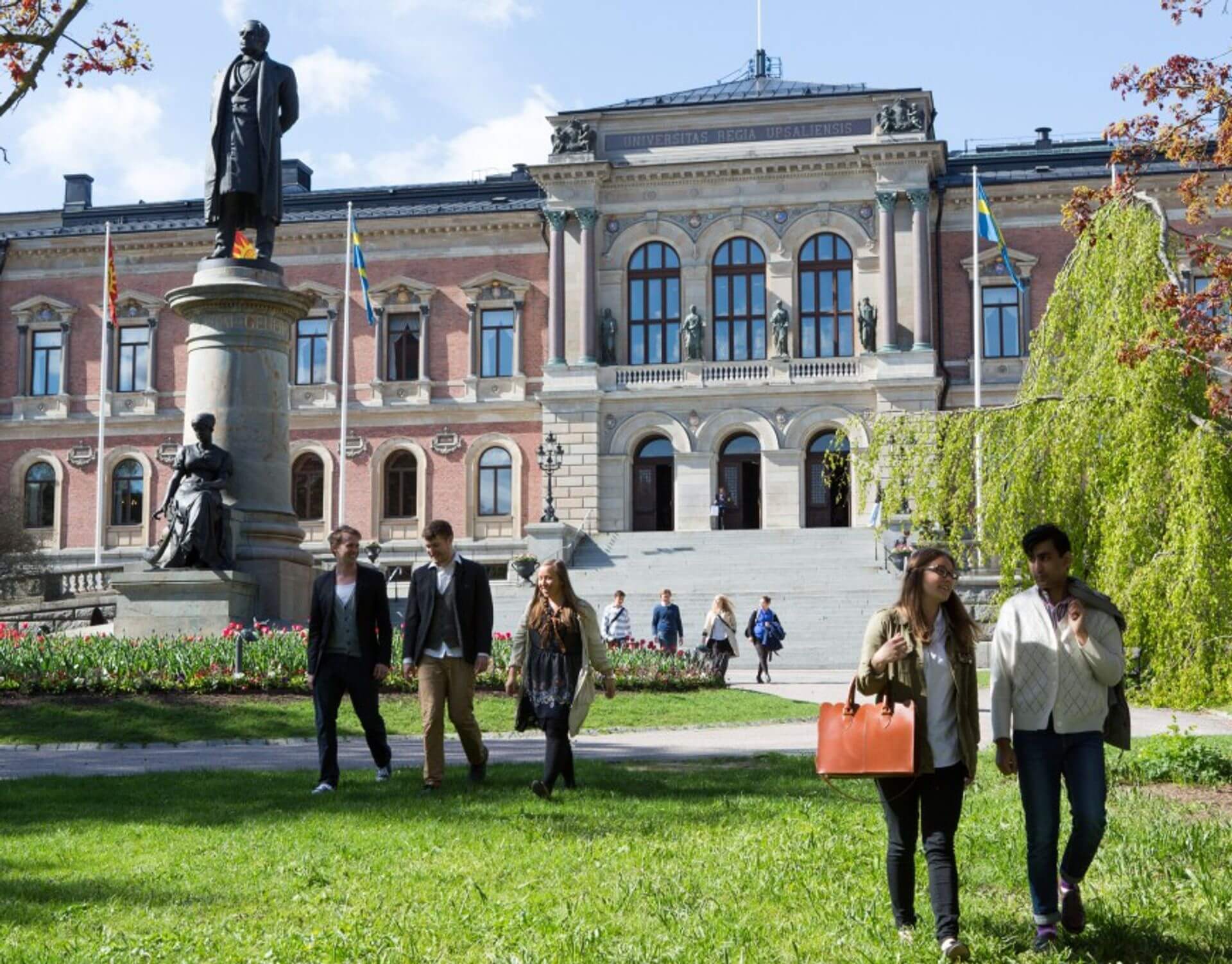
Source: Uppsala University
Uppsala University has one mission: to gain and disseminate knowledge for the benefit of humankind and for a better world by offering an inspiring and well-functioning physical, social and cultural environment. It hosts researchers and influential people from around the world annually — Nobel laureates, researchers, authors, politicians and many others give lectures here.
Uppsala University provides challenge-driven research and perspectives on society. With over 120 master’s programmes and a variety of bachelor’s programmes, exchange studies, freestanding courses, and PhD studies — from archaeology and chemical biology to computer science and game design — students are spoilt for choice. In addition to expertise in their discipline, students gain communication, teamwork and problem-solving skills instilled through real-world and hands-on approach to learning.
Global survival, biodiversity, a sustainable environment and energy transition are some of the focus areas of the university’s research programmes. “The knowledge I gained from my peace and conflict studies has been absolutely essential in the work of analysing disaster situations and designing initiatives,” says Jamie LeSueur, global Head of Emergency Operations at the International Federation of Red Cross and Red Crescent Societies, and Uppsala University’s Alumnus of the Year 2020.
University of Plymouth
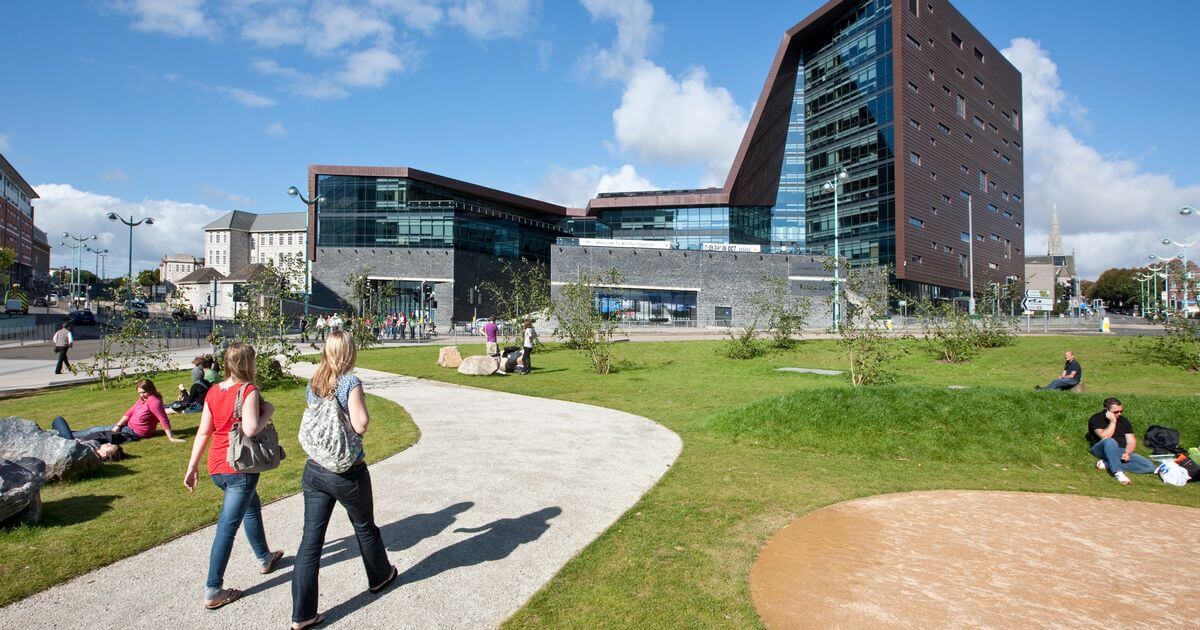
Source: Uppsala University
At the University of Plymouth, students learn in ISO 9001 certified laboratories, a unique offer to undergraduates to train in a regulated professional laboratory environment. Chemistry at Plymouth is ranked 14th in the Guardian University Guide 2021: top in the UK for “satisfied with feedback,” second in both “satisfied with teaching” and the “value-added score,” and sixth on “satisfied with the course.”
They also get to experience chemistry in the real world. For their final year, they can boost their employability by taking a placement, work-based project or work alongside PhD and post-doctoral researchers in its high specification laboratories.
“After graduating with a first class honours degree and being on the dean’s list for my subject each year, I am now studying towards a PhD alongside working with spinout company PoreXpert Ltd, based at the University of Plymouth,” shares Katie Jones, BSc (Hons) Chemistry graduate.
With a mission to advance knowledge and transform lives, the University of Plymouth is a broad-based, research-intensive university that delivers excellent interdisciplinary research, experiential education and civic engagement. The university’s reputation precedes itself as it takes pride in its work focused on sustainability in finances, reputation, services, partnerships, environmental performance and global contribution.
From agriculture and biological sciences to chemistry and medical technology, there’s something for everyone. The university’s undergraduate degrees; postgraduate taught degrees; postgraduate research degrees; professional development (CPD); and intercalated degrees are taught by a team of dedicated faculty members who deliver excellence and care.
École Polytechnique Fédérale de Lausanne

Source: École Polytechnique Fédérale de Lausanne
Located in Switzerland, EPFL is one of Europe’s most vibrant and cosmopolitan science and technology institutions. Its core mission is to train the next generation of engineers, scientists and architects through cutting-edge programmes that are recognised around the world. Here, students learn by doing in its programmes that place a heavy emphasis on lab sessions and hands-on workshops with direct research applications.
Its new joint Master’s in Sustainable Management and Technology aims to train the next generation of changemakers to lead the transition towards a more resilient, sustainable and inclusive economy. Hosted by the multi-institutional initiative Enterprise for Society Centre (E4S), it is a transdisciplinary programme that seeks to solve the increasingly multidimensional challenges we face today, notably in the areas of climate change and the digital and biological revolutions.
“Building a resilient and inclusive economy requires combining innovative technologies with the best insights from management, economics and social sciences. To achieve such a convergence, our master’s programme aims to equip future change makers with the corresponding interdisciplinary competencies,” explains Professor Jean-Pierre Danthine, E4S Managing Director at EPFL.
The programme is taught in English. Curriculum builds competences along three dimensions simultaneously and in a balanced manner: technology and innovation; economics and management; as well as the tools and skills for developing sustainable solutions.
*Some of the institutions featured in this article are commercial partners of Study International








